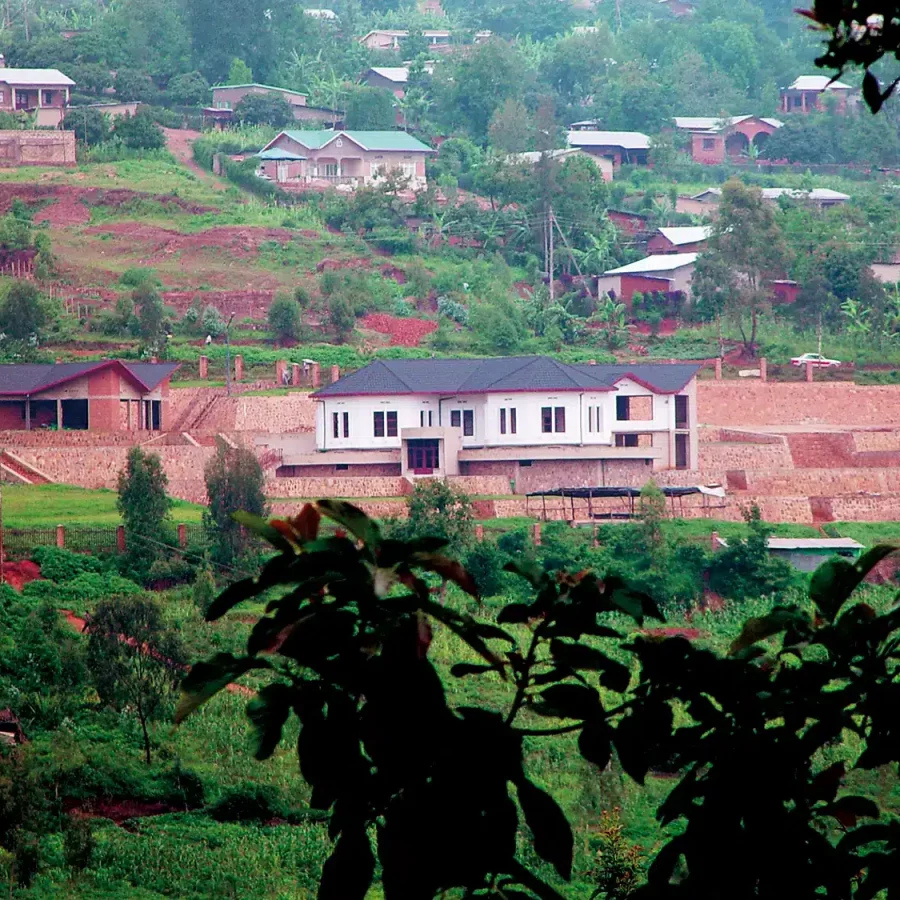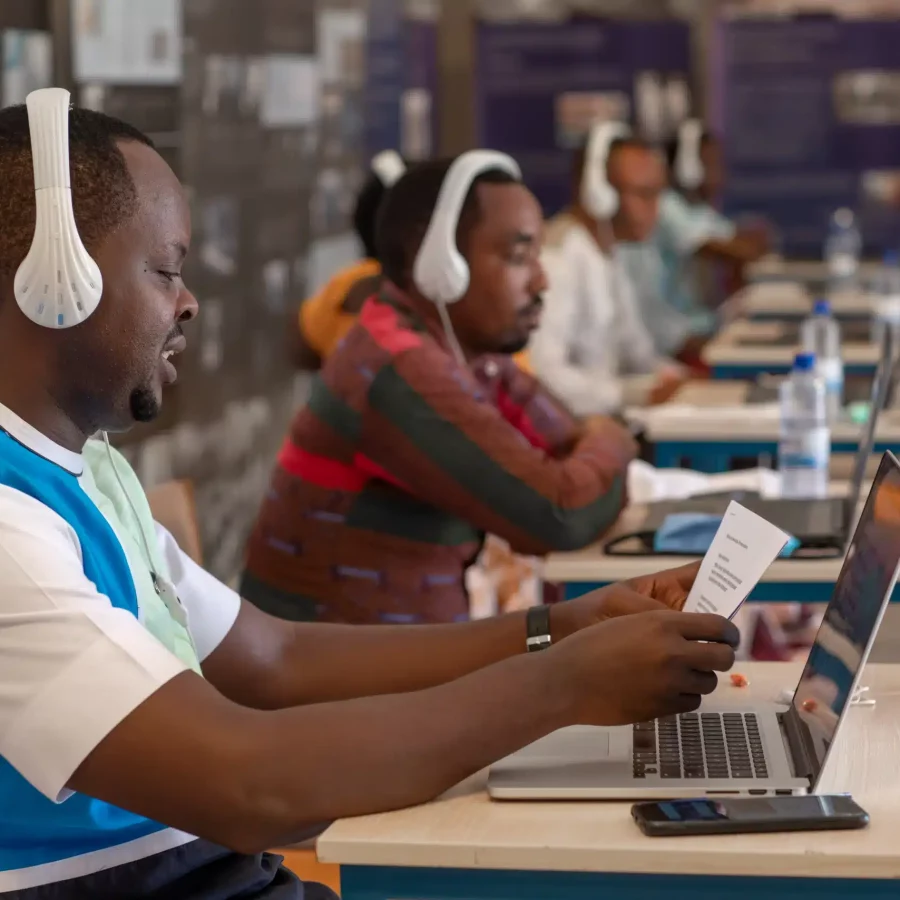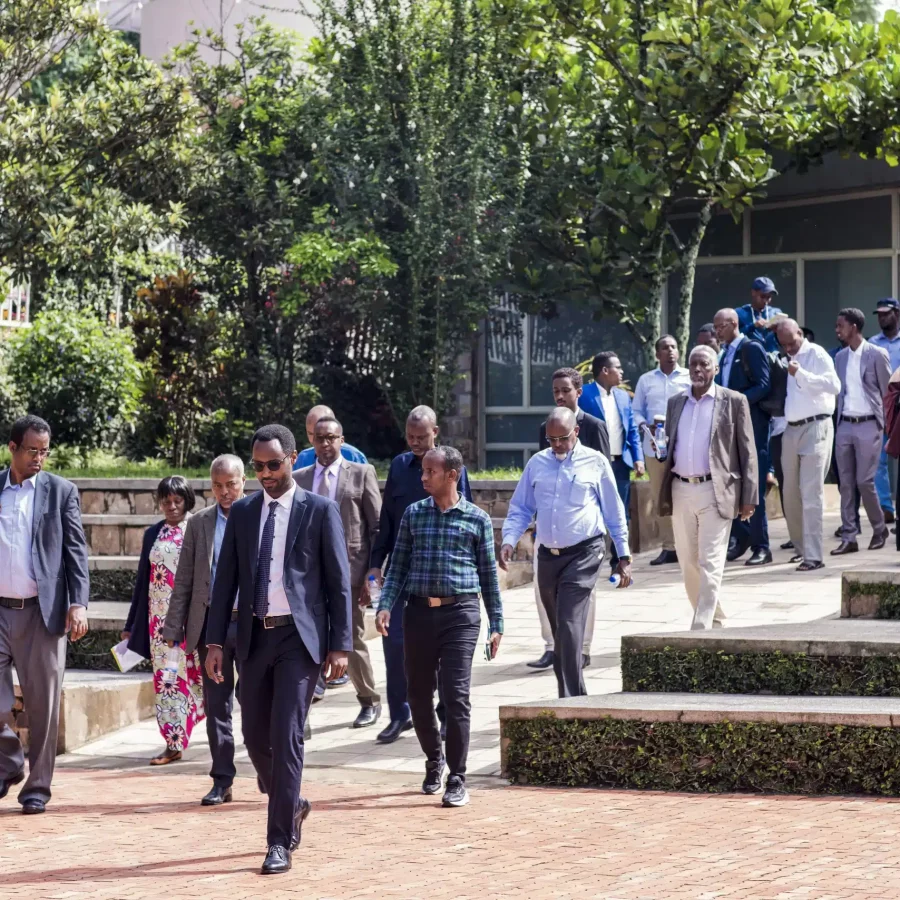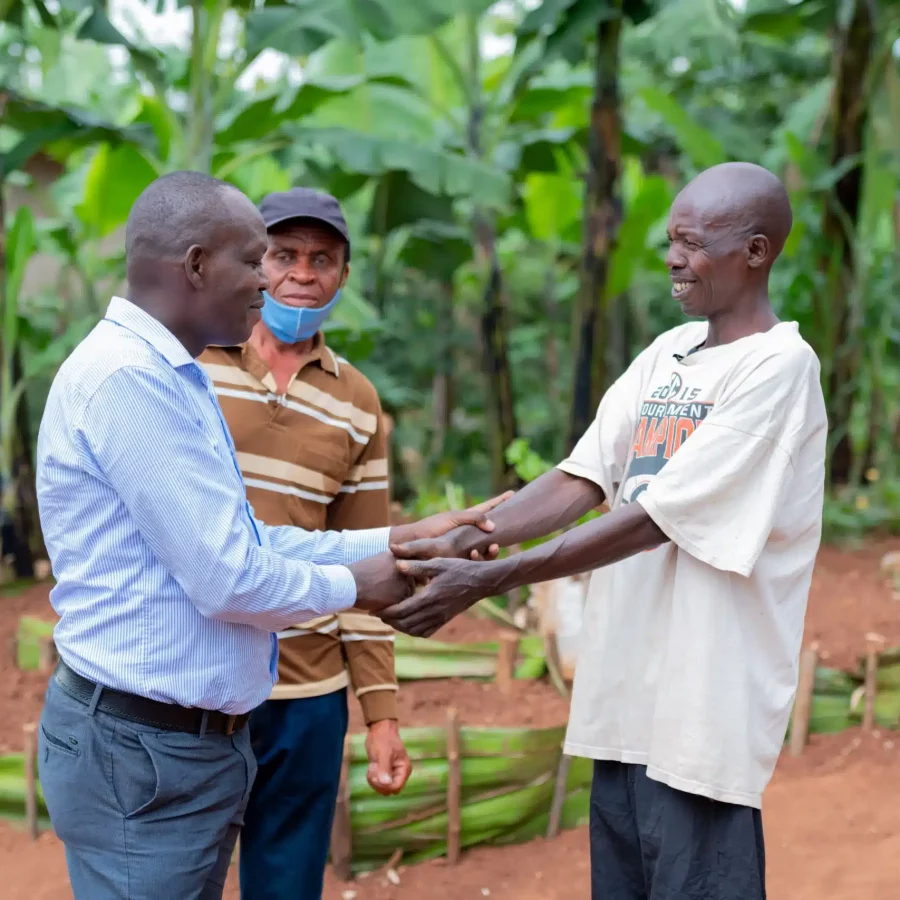The Kigali Genocide Memorial includes three permanent exhibitions, the largest of which documents the 1994 Genocide against the Tutsi. There is also a children’s memorial and an exhibition on the history of genocidal violence around the world. The education centre, gardens, and Genocide Archive of Rwanda contribute to a meaningful tribute to those who perished, and provide a powerful educational experience for visitors.
The Kigali Genocide Memorial has five primary objectives:
To provide a dignified place of burial for victims of the Genocide against the Tutsi
To inform and educate visitors about the causes, implementation and consequences of the genocide, and other genocides throughout history.
To teach visitors about what we can do to prevent future genocides.
To provide a documentation centre to record evidence of the genocide, testimonies of genocide survivors and details of genocide victims.
To provide support for survivors, in particular orphans and widows.

After the genocide was stopped by the RPF in 1994, Kigali’s authorities chose this hillside in Gisozi for mass graves where 250,000 residents murdered during the Genocide against the Tutsi could have their final resting-place. Memorial buildings were put up beside the mass graves, but the question remained: what should go in them?
The Kigali Genocide Memorial team comprises passionate and dedicated individuals who work tirelessly to ensure the preservation of the memory of the Genocide against the Tutsi. They are a diverse group of professionals, including educators, guides, archivists, and researchers, who are committed to promoting education, healing, and reconciliation in Rwanda and beyond.


We provide a national and international focal point for remembrance of the Genocide against the Tutsi; peace and values education programming for students, educators and other professionals; documentation and preservation of survivor testimony and genocide artefacts, and help for survivors who remain in need of support.
Visiting the Kigali Genocide Memorial, being trained by our team, or even taking part in workshops abroad with educators trained by our staff, can have a remarkable impact. Hear from a student and teacher in Rwanda; a youth leader in South Sudan, and a victim of militia violence in the Central African Republic.

In coming decades, hundreds of millions of people will migrate as their lands become uninhabitable due to climate change. Development of sustainable livelihoods, trauma healing and peace education of the kind pioneered here at the Kigali Genocide Memorial will have a key role to play in mitigating conflict.
Get in Touch
Copyright © 2023 Aegis Trust. All Rights Reserved. Registered Charity: UK – Aegis Trust, charity no. 1082856, US – Aegis America Inc, EIN 31-1769192, Rwanda – Aegis Rwanda